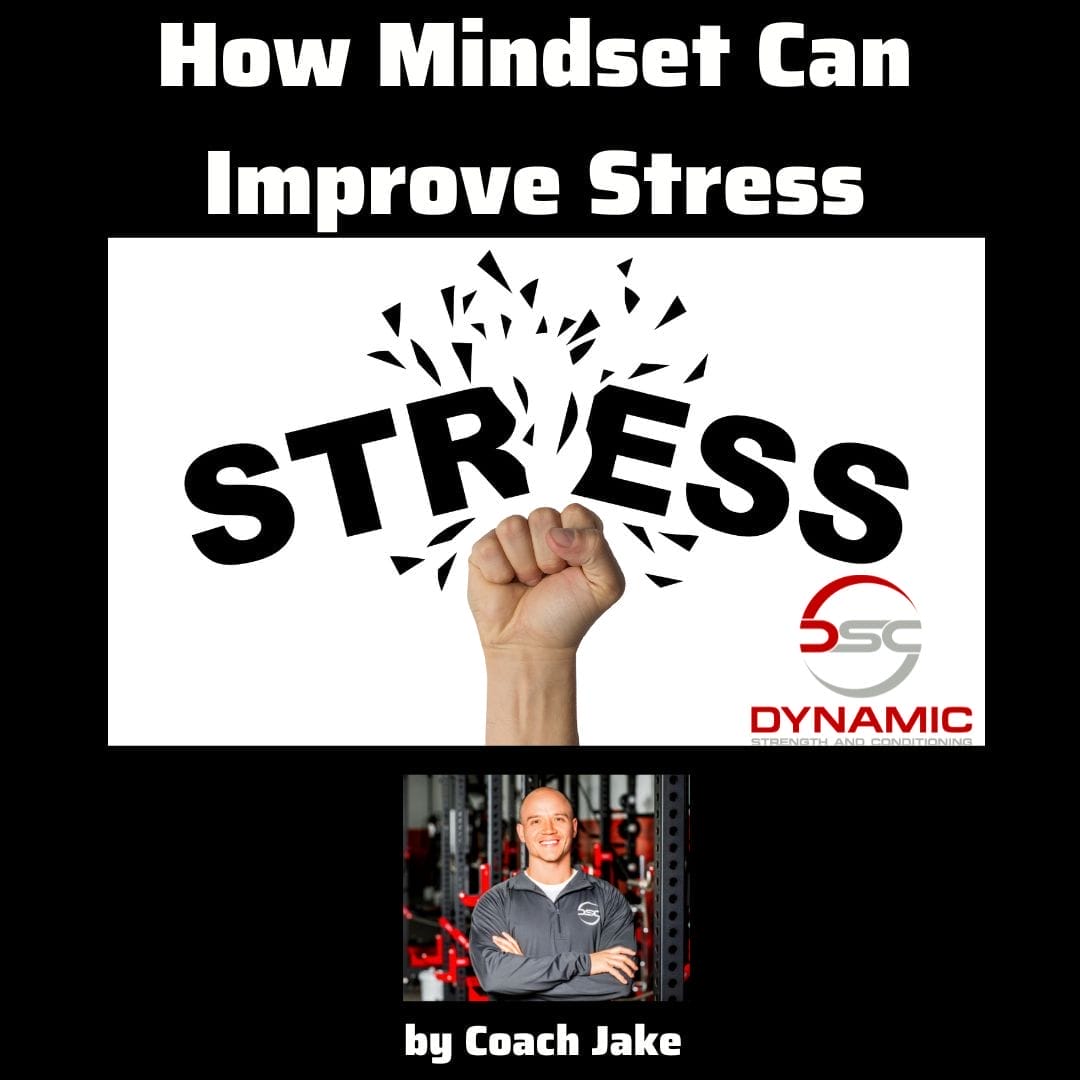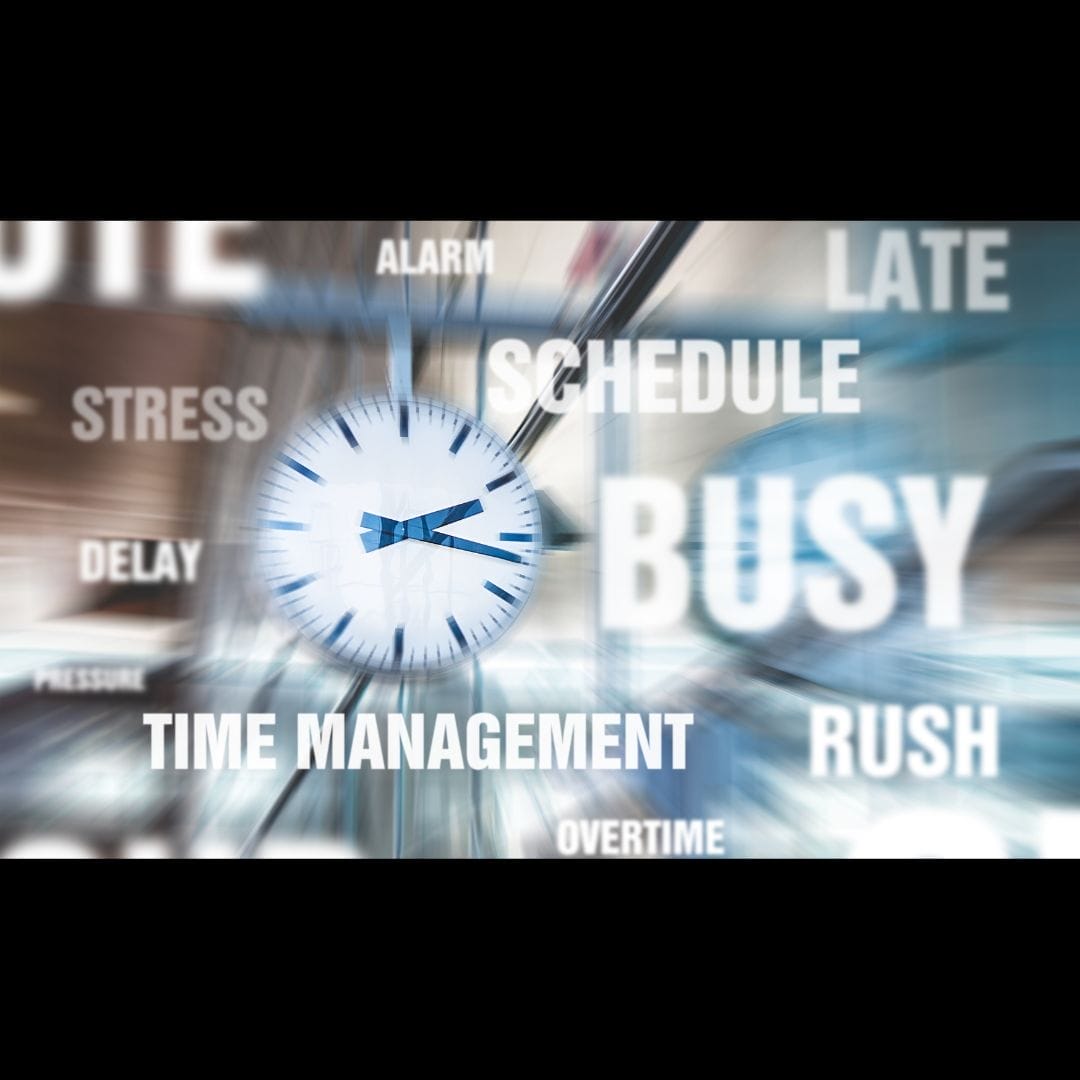
Happy Friday DSC Family! In today’s Fit Friday blog we are changing the agenda a bit and I’m bringing you some helpful tips for stress management. In this particular article, we are going to focus on managing stress through improved mindset and cognitive health.
First things first, let’s chat about stress and what it is. How we experience stress differs from person to person, but there are a few things that hold true for everybody.

- Stress can be both good and bad. We refer to bad stress as distress (this tends to break us down over time) and we refer to good stress as eustress (this tends to make us stronger). What makes stress good or bad depends on our ability to handle it, how long we experience it, and our relationship with it (how we view it). Put more simply, if we feel we can meet the demand, that stress will generally benefit us.
- Our bodies are only able to handle a certain amount of stress; this is referred to as our allostatic load. This is the accumulation of all of our stressors, good and bad.
- We need to make sure we have an equal balance of stress and recovery in order to not overfill that stress bucket. Once our allostatic load has been met, stress whether good or bad can have a detrimental effect on us.
So this leads to an obvious question. How do I maintain a good balance?

Well, that question can be answered in many ways as recovery, much like stress is multifaceted. We can think of stress and recovery in terms of physical, emotional, cognitive, environmental, existential, social, etc. In this blog, we are going to focus on cognitive stress and overall recovery.
We can’t always control stressors and when or how they occur in our lives. As much as we wish we could, we can’t control the fact that we live in a location where it’s cold and dark for 4 months of the year. We can’t always control our work environment or how others treat us. What we can always control is our mindset, our self talk, and thoughts around those stressors. Our thoughts, talk, and emotions around stressors often play as significant of a role in our ability to manage or, consequently, not manage our stress as anything else. I also tend to think it’s one of the more often overlooked pieces to recovery and there are simple ways in which we can improve it.
Remember at the start of this blog I mentioned stress becomes good or bad based on our relationship and view we take about that stressor. Managing our stress can make us more resilient. When we become more resilient to stress our bodies are able to tolerate more stress. What used to break us now makes us better.
With that in mind, here are three ways we can start to become more resilient to stress and more importantly things we can do to help us recover.
- Use a simple reframe.
- Instead of saying “I have to” tell yourself “I get to.” Instead of telling yourself I have to go to work today, you reframe it and tell yourself I get to go to work today. As challenging as our jobs can be at times, it is a privilege that not everyone is afforded. Another example might be having to have a difficult conversation. These are often very intimidating and we often frame them in the way that today I have to talk with X about Y. Again using this example a simple reframe might be today I get to talk with X about Y and grow as a person as a result. Again in this reframe it allows us to look at the stressful situation in a more positive light.
- Have a clear understanding of your “Why”
- When we have a better understanding of your Why, we can better define our values, beliefs, and goals. When we have a clear definition of our values, beliefs, and goals we can better sift through the endless amount of information we are bombarded with every day. Tons of information plus lack of clarity equals stress. Prioritize your values and you’ll have a clear understanding of what’s important to you. When you know what’s important to you, you will be better prepared to say no to those things that no longer suit you. (How you discover your Why is another topic for another blog)
3. Have a Growth Mindset vs a Fixed Mindset
1. With a fixed mindset we believe things can’t change. With a growth mindset we
Believe things can be changed through effort and practice. When we have a mindset
Closer to a growth mindset we begin to think creatively and are generally more flexible.
When we can think more flexibly, and are more open to change, we begin to feel less
Stress from new and challenging situations.
Stress triggers a stress response in the body. Stress stimulates the sympathetic nervous system which triggers our fight, flight, freeze, and lesser known fawn response. Regardless of whether we fight, flight, or freeze, we must eventually return to our baseline. When we don’t, this is when any stress (good or bad) will weaken us. That’s where these three tactics come in. They help prepare us better to handle stress, we respond in productive, wise, and self-aware ways. The quicker we return to baseline, the quicker our bodies can rebuild, adapt, and get stronger.
PS Our Summer Shred Glute Camp starts on June 18th. Click ⬇️to learn more!
